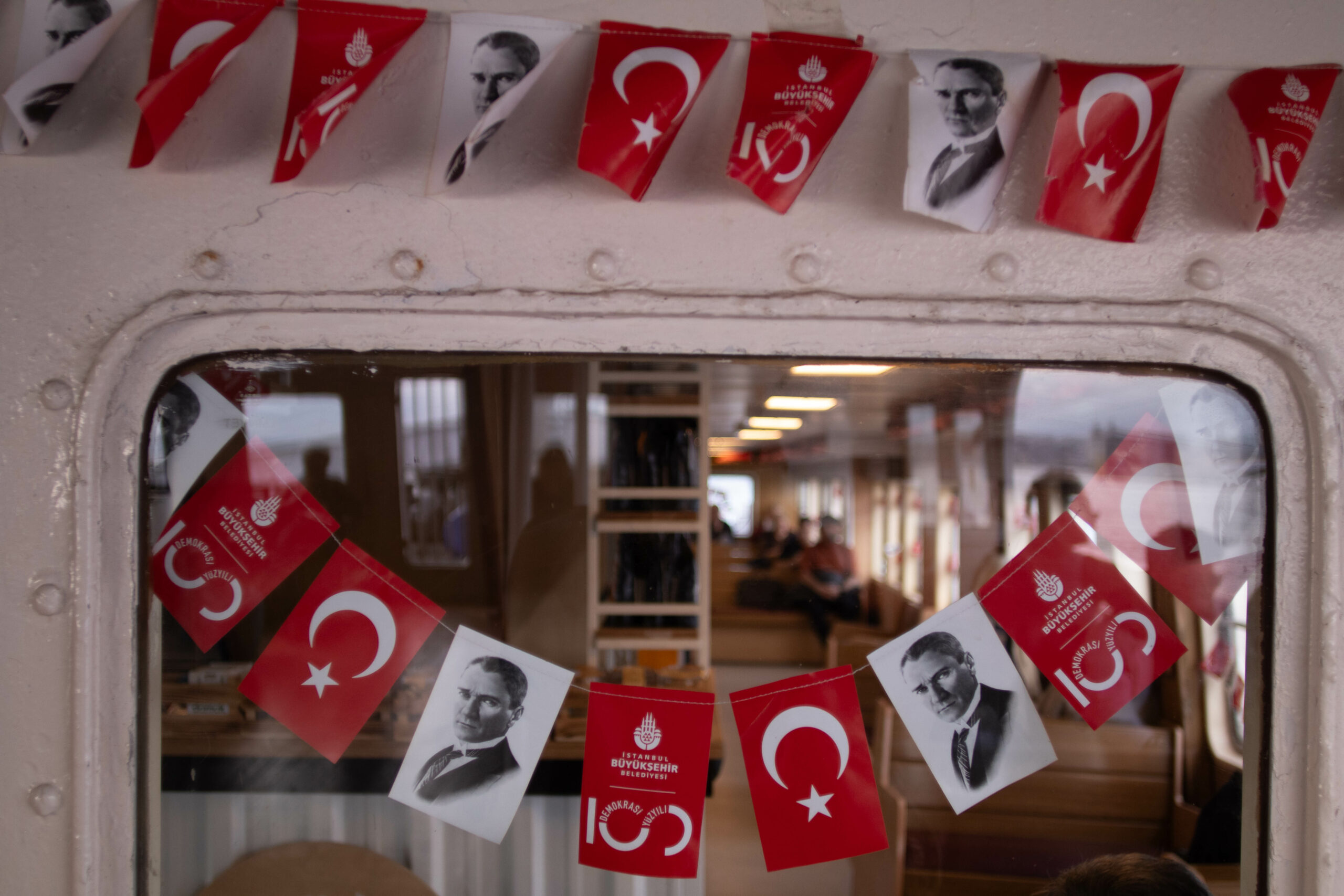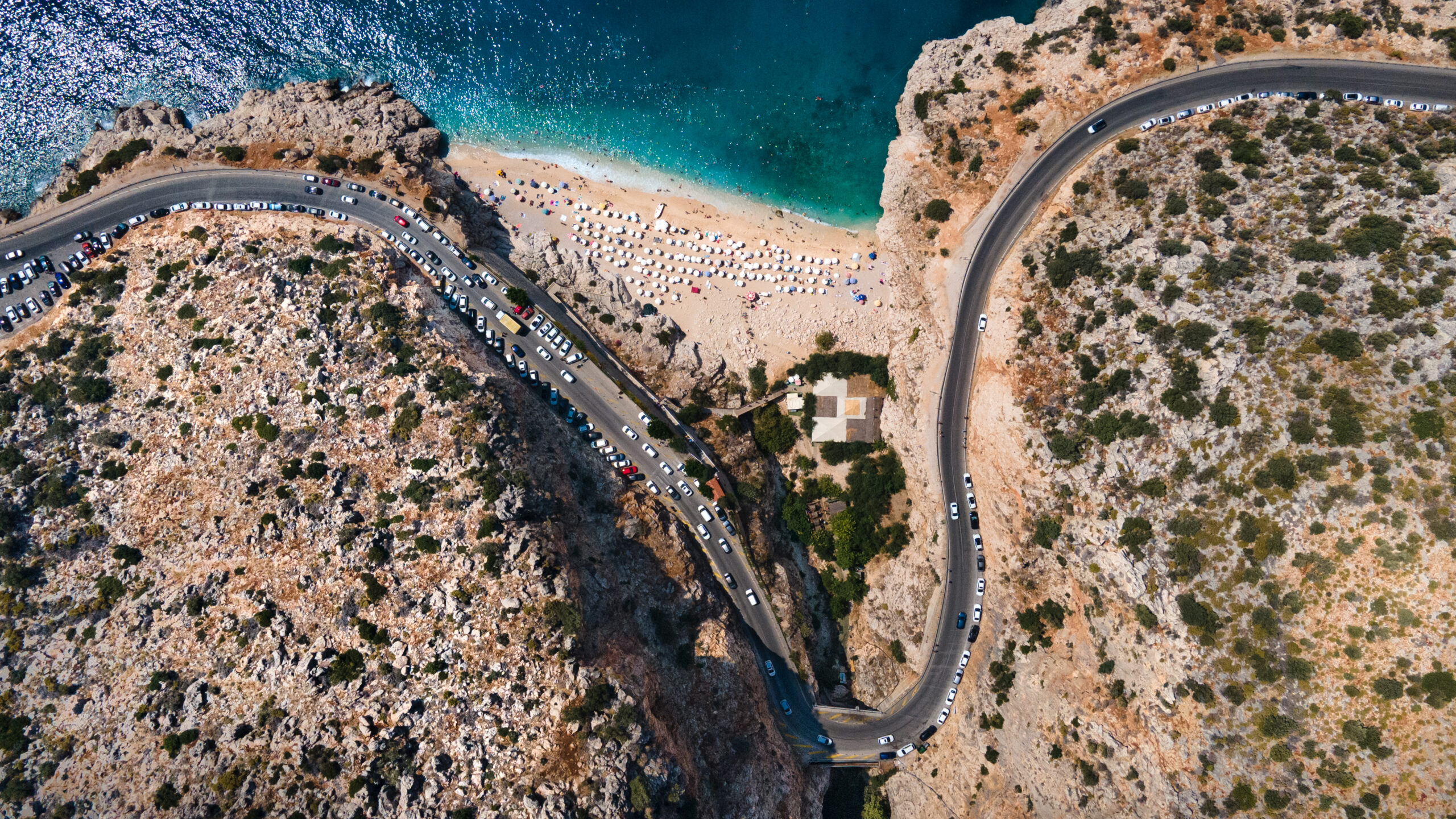Below is a list of holidays in Turkey that travelers might encounter:
- 1 January – New Year’s Day (Yılbaşı)
- 23 April – National Sovereignty and Children’s Day (Ulusal Egemenlik ve Çocuk Bayramı)
- 1 May – Labour and Solidarity Day (Emek ve Dayanışma Günü)
- 19 May – Commemoration of Atatürk, Youth and Sports Day (Atatürk’ü Anma, Gençlik ve Spor Bayramı)
- 15 July – Democracy and National Unity Day (Demokrasi ve Millî Birlik Günü)
- 30 August – Victory Day (Zafer Bayramı)
- 29 October – Republic Day (Cumhuriyet Bayramı)
- Changing dates – Ramadan Feast or Eid al-Fitr (Ramazan Bayramı) and Sacrifice Feast or Eid al-Adha (Kurban Bayramı)
For the most part, these holidays won’t disturb travel plans. But some deserve a closer look.
New Year’s Eve / New Year’s Day
Are you a young folk or a party enthusiast? Thinking of living or staying in Beyoglu, one of the most popular places in Istanbul? New Year’s Eve is to be avoided around Taksim Square. Though some might claim to handle it because of professional partying experience, Taksim on New Year’s Eve is not recommended by local partygoers. It’s been unsafe for decades. Instead, house parties and family gatherings are popular. Check out our guide on New Year’s in Istanbul for all the details.
May 1 (Labor Day)
May 1, known as Labor Day, is a public holiday in Turkey, and while most places remain open, it’s best to avoid:
- Taksim Square in Istanbul
- Kızılay Square in Ankara
- Konak Square / clock tower (saat kulesi) in Izmir
These are the main gathering points for protests and demonstrations, and while we love partaking in a good demonstration, May 1 is the one we definitely recommend avoiding. It has not been as violent as it has in recent years, but better safe than sorry, right? These events can disrupt traffic and public transportation, so plan your day accordingly. Aside from potential protest activity, it’s business as usual (other than government offices and banks), with no major disruptions to everyday activities.
Ramadan Feast and Sacrifice Feast
Check the dates before planning your trip—Ramadan Feast in 2025 falls on March 29-31, and Sacrifice Feast is from June 6-9. These holidays shift about 10 days earlier each year. It’s smart to avoid traveling around these times due to higher prices, bigger crowds, and heavy traffic. Turks love to turn these holidays into long weekends, so keep an eye on the calendar for any potential extended breaks.
Foreigners who don’t celebrate these religious holidays can usually continue everyday activities. But if invited to celebrate, ask what to bring (and insist on bringing something, and don’t come empty-handed), dress modestly, and abandon any hope of punctuality. We’ll have more detailed guides on these two holidays soon.
What to Expect on Other Holidays
Expect closed banks, possible fireworks, crowded (or closed!) establishments, and the occasional parade or protest. If you spot a sudden congregation of police, it’s best to head in the opposite direction immediately.
Interested in embracing these holidays as the locals do? There’s a guide for that coming soon, but for now, ask us how here.
 photograph by Tan Kurttekin
photograph by Tan Kurttekin


